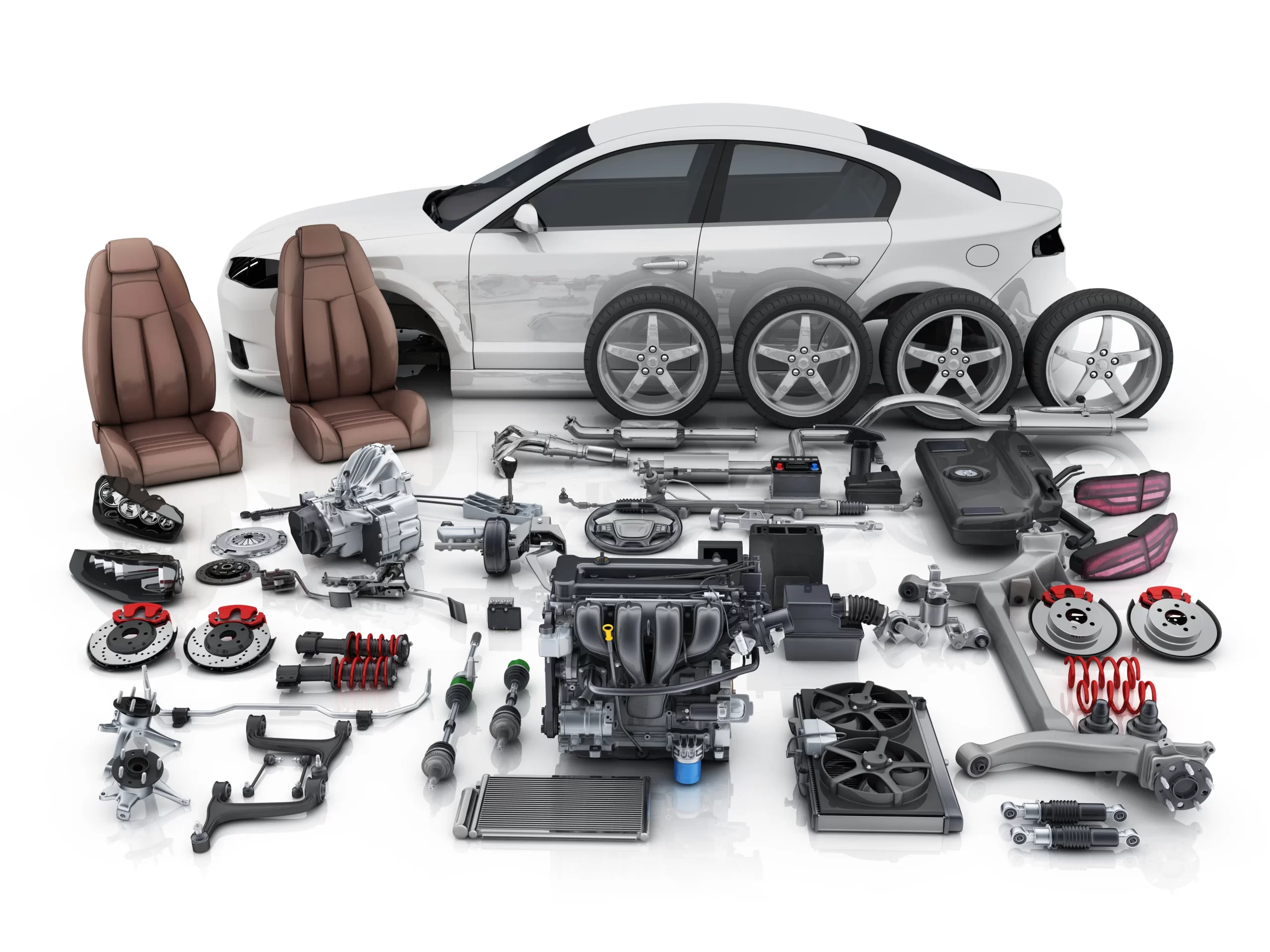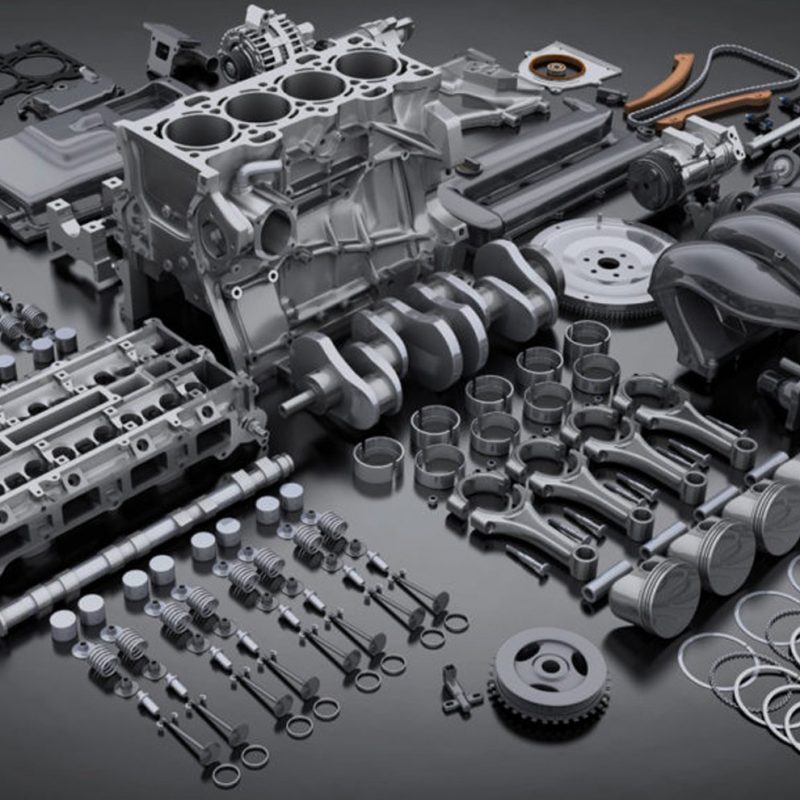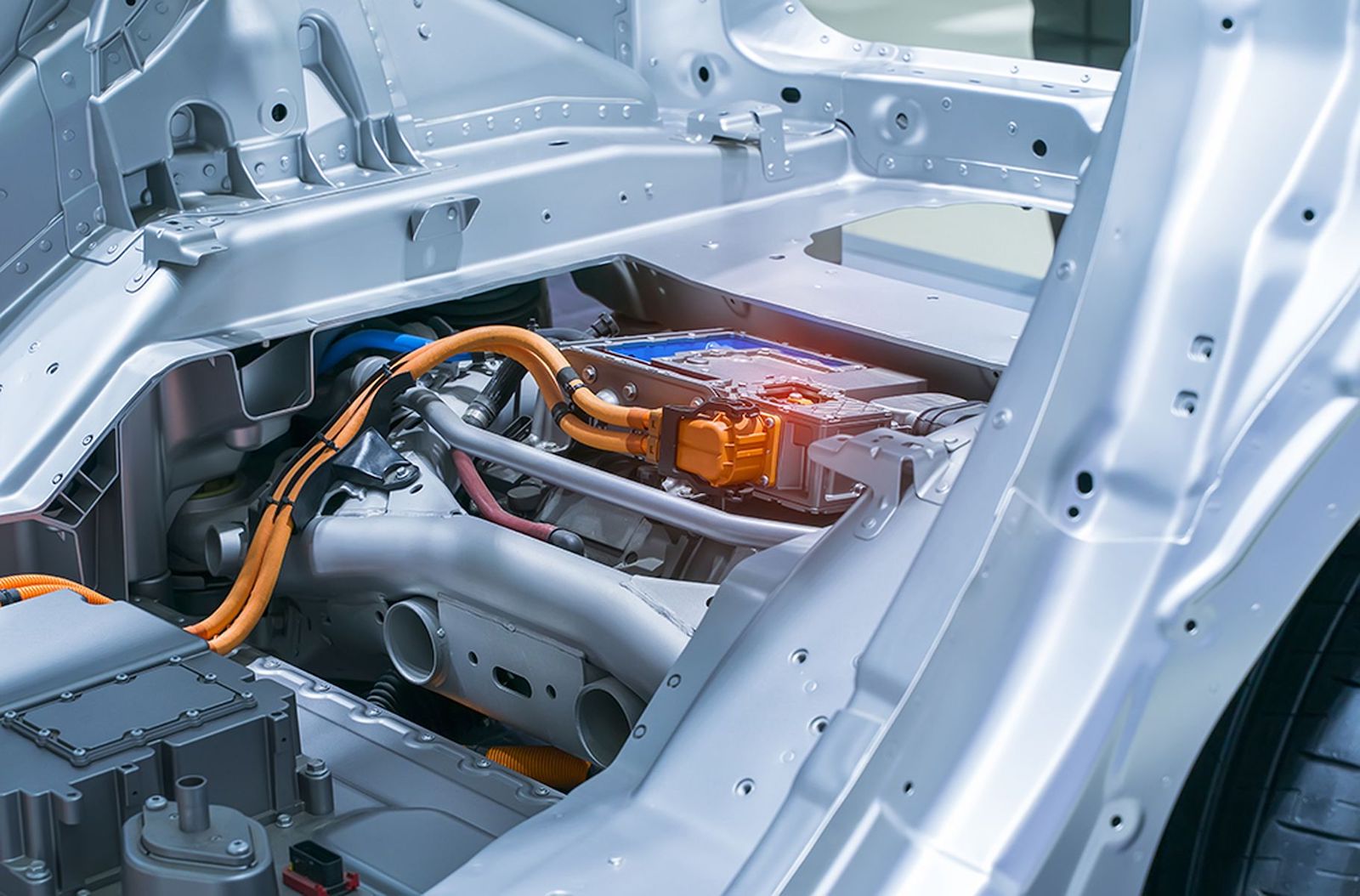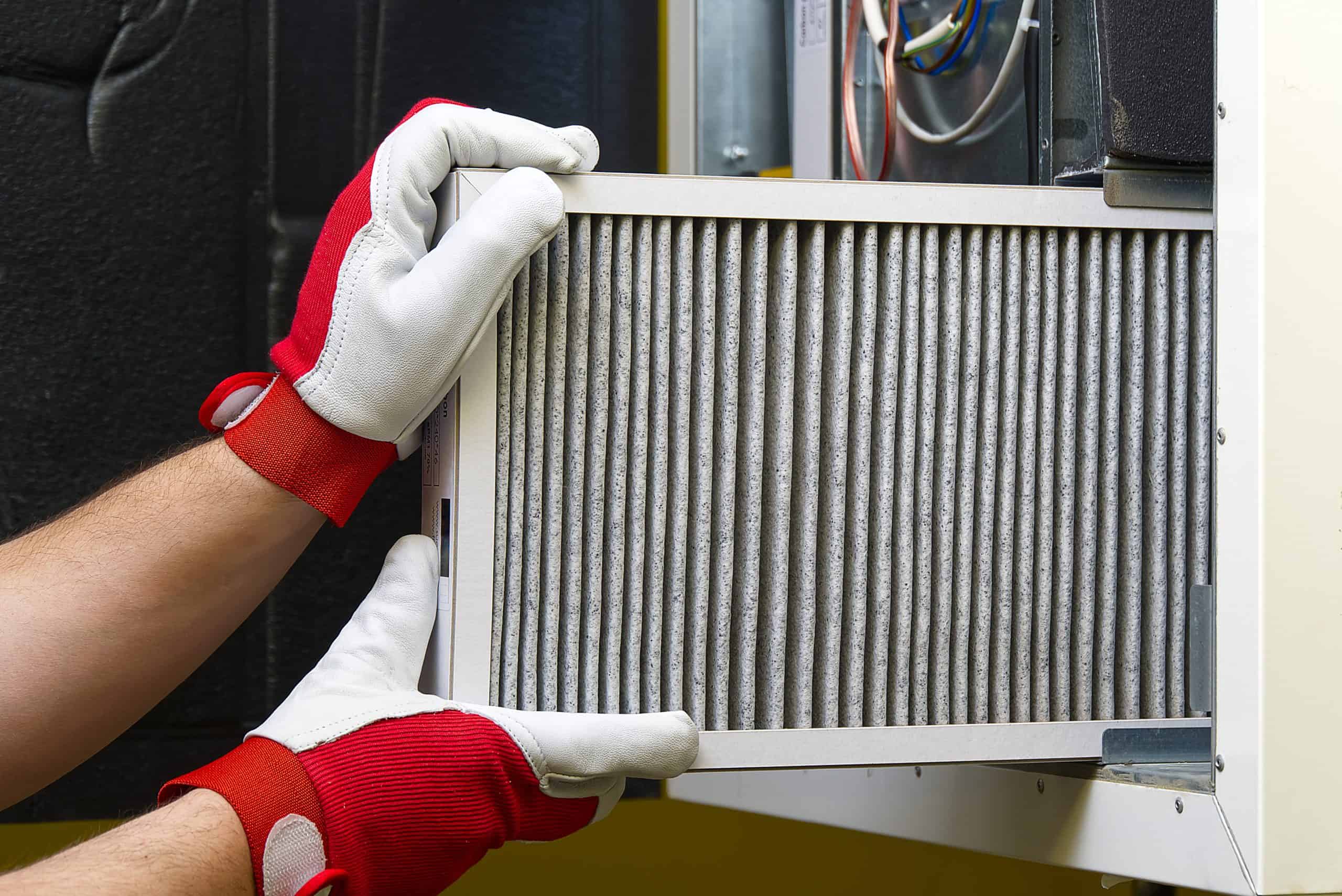How to Choose the Right Air Filter for Your HVAC System
How to Choose the Right Air Filter for Your HVAC System
I. Introduction
A. Explanation of the importance of air filters in HVAC systems
Air filters play a crucial role in maintaining the quality of the air inside your home or business. They capture dust, dirt, pollen, and other particles that can cause allergies, asthma, and other respiratory issues. Additionally, air filters help to prolong the life of your HVAC system by preventing dust and debris from clogging the equipment and causing damage.
B. Brief overview of the different types of air filters available
There are several different types of air filters available, each with their own unique properties and benefits. The most common types include fiberglass, pleated, washable, HEPA, carbon, and UV filters. Fiberglass filters are the most basic and affordable option, while pleated filters offer improved filtration and longer service life. Washable filters are easy to clean and can be reused, while HEPA filters are designed to capture very small particles. Carbon filters are effective at removing odors, and UV filters can help to kill bacteria and viruses in the air.
II. Factors to Consider When Choosing an Air Filter
A. MERV rating
The Minimum Efficiency Reporting Value (MERV) rating is a measure of an air filter’s ability to capture small particles. The higher the MERV rating, the more efficient the filter is at capturing small particles such as dust, pollen, and pet dander. When choosing an air filter, it’s important to select one with a MERV rating that is appropriate for your needs and the specific requirements of your HVAC system.
B. Size and dimensions
Air filters come in a variety of sizes and dimensions. When selecting a filter, it’s important to make sure that it is the correct size for your HVAC system. A filter that is too small will not provide adequate filtration, while a filter that is too large can be difficult to install and may not fit properly.
C. Material
Air filters are made from a variety of materials including fiberglass, pleated paper, polyester, and synthetic materials. Each type of filter material has its own set of benefits and drawbacks. For example, fiberglass filters are the most affordable option but they need to be replaced frequently, while pleated filters offer improved filtration but they are more expensive.
D. Brand and price
When choosing an air filter, it’s important to consider the brand and price. While it can be tempting to choose the cheapest option, it’s important to remember that not all air filters are created equal. Some brands may offer higher quality products with better filtration capabilities, while others may be more affordable but not as effective. It’s important to find the right balance between quality and cost when selecting an air filter.
III. How to Measure Your HVAC System’s Air Filter
A. Step-by-step instructions on how to measure the air filter in your HVAC system
Measuring the air filter in your HVAC system is an important step in selecting the right replacement filter. Here is a step-by-step guide on how to measure your air filter:
- Locate the air filter in your HVAC system. This is typically located in the air handler or furnace.
- Measure the width, length, and depth of the filter. Make sure to measure from the inside edges of the filter frame.
- Write down the measurements and keep them handy when selecting a replacement filter.
B. Importance of getting the correct size and fit
Getting the correct size and fit for your HVAC system’s air filter is crucial for ensuring proper filtration and preventing damage to the system. An air filter that is too small will not provide adequate filtration and will need to be replaced more frequently. On the other hand, an air filter that is too large can be difficult to install and may not fit properly, leading to air leaks and decreased efficiency. Measure your air filter carefully and select a replacement filter that matches the exact dimensions of your current filter.
IV. Choosing the Right MERV Rating
A. Explanation of MERV rating and its significance in air filters
The Minimum Efficiency Reporting Value (MERV) rating is a measure of an air filter’s ability to capture small particles. The rating scale ranges from 1 to 16, with higher numbers indicating a higher level of filtration. MERV ratings are used to compare the efficiency of different air filters and help consumers select the right filter for their needs.
B. Comparison of different MERV ratings and their recommended uses
- MERV 1-4: These filters are the least efficient and are typically used in residential and commercial HVAC systems. They are effective at capturing larger particles such as dust and lint.
- MERV 5-8: These filters are more efficient than the lower MERV ratings and are capable of capturing smaller particles such as mold spores and pet dander. They are commonly used in homes and businesses with moderate air quality concerns.
- MERV 9-12: These filters are highly efficient and are capable of capturing even smaller particles such as bacteria and viruses. They are typically used in hospitals, laboratories, and other facilities with strict air quality requirements.
- MERV 13-16: These filters are the most efficient and are typically used in specialized applications such as clean rooms and nuclear facilities.
C. How to determine the appropriate MERV rating for your home or business
When selecting an air filter, it’s important to choose one with a MERV rating that is appropriate for your needs and the specific requirements of your HVAC system. Factors to consider when determining the appropriate MERV rating include the level of air pollution in your area, the presence of pets and/or smokers, and any allergies or respiratory conditions in your household. In general, homes and businesses with moderate air quality concerns should choose a filter with a MERV rating between 5 and 8, while those with more severe concerns should choose a filter with a higher MERV rating. It is also important to check the recommendation of the manufacturer of your HVAC system as some of them may not be suitable for high MERV rating.
V. Other Types of Air Filters
A. HEPA filters
HEPA filters, or High-Efficiency Particulate Air filters, are designed to capture very small particles such as allergens, bacteria, and viruses. They have a MERV rating of 17-20 and are capable of capturing particles as small as 0.3 microns. HEPA filters are commonly used in hospitals, laboratories, and other facilities with strict air quality requirements. They are also available for residential use, and are particularly useful for individuals with allergies or respiratory conditions.
B. Carbon filters
Carbon filters are designed to remove odors and volatile organic compounds (VOCs) from the air. They work by adsorbing (not absorbing) the pollutants onto the surface of the carbon, which is treated with special chemicals. Carbon filters can be used in conjunction with other types of air filters to improve the overall air quality of your home or business. They are commonly used in homes and businesses with pets, smokers, or other sources of strong odors.
C. UV filters
UV filters, or Ultraviolet filters, are designed to kill bacteria and viruses in the air. They work by emitting UV-C light, a type of light that is harmful to microorganisms. UV filters are commonly used in hospitals, laboratories, and other facilities with strict air quality requirements. They can also be used in residential HVAC systems to improve overall air quality and reduce the risk of infection.
It is important to note that UV filters are not intended to replace HEPA filters as UV filters only target microorganisms in the air and HEPA filters are more efficient in capturing smaller particles.
VI. Conclusion
A. Summary of key points
In this article, we discussed the importance of air filters in HVAC systems and the different types of air filters available. We also covered the factors to consider when choosing an air filter, including the MERV rating, size and dimensions, material, and brand and price. Additionally, we provided instructions on how to measure your HVAC system’s air filter and explained how to determine the appropriate MERV rating for your home or business. We also discussed other types of air filters such as HEPA, Carbon, and UV filters.
B. Recommendations for maintaining and replacing air filters
To maintain the efficiency and longevity of your HVAC system, it is important to regularly check and replace the air filter. The frequency of replacement will depend on factors such as the type of filter, the level of air pollution in your area, and the presence of pets and/or smokers. As a general rule, you should check your air filter at least every three months and replace it when it becomes dirty or clogged.
It’s also a good idea to check your air filter more frequently during the seasons of high use, such as summer and winter.
C. Final thoughts on the importance of choosing the right air filter for your HVAC system.
Choosing the right air filter is crucial for maintaining the quality of the air inside your home or business and prolonging the life of your HVAC system. By selecting an air filter with the appropriate MERV rating, size and dimensions, material, and brand, you can ensure that your HVAC system is operating at peak efficiency and providing the cleanest air possible.
It’s also important to remember that different types of air filters have different capabilities and usage, so it’s important to choose the right filter for your specific needs. Regular maintenance and replacement of air filters will help to ensure that your HVAC system is always operating at its best.


